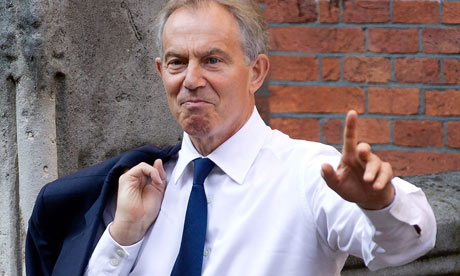By Rebecca Kesby
In the last 10 years Russia has imprisoned nearly three million entrepreneurs, many unjustly. This statistic comes from a new ombudsman for business rights, Boris Titov, who says it is "hard to find another social group persecuted on such a large scale". How has this come about?
Businessmen have complained for years that people have been able to frame commercial rivals - by paying corrupt police officers to plant evidence and make arrests to order. But only now are they being taken seriously.
More and more well-heeled entrepreneurs have been joining, even leading street protests in recent months, with reform of the courts one of their main demands.
Perhaps those protests influenced President Putin's decision last month to create a post of "ombudsman for business rights" - but he might also have been persuaded by the $84bn in capital that left Russia last year, a record amount. Russians are investing overseas because they fear for the safety of their businesses at home.
"The economy will be completely destroyed," says entrepreneur Vladimir Perevezin. "Because businessmen are not safe in our country - anyone could be sent to jail."
Perevezin knows what it's like. He was imprisoned for more than seven years after being framed, he says, for money laundering.
His friend Valery Gaiduk was also imprisoned for three years, convicted of fraud. "I'm 100% sure that a rival paid to have me arrested," he says. He had been co-owner of a successful dental practice, but he claims police officers took a $500,000 bribe to frame him.
At the root of the problem is the criminal justice system itself. Statistically, once officially accused of a crime in Russia, there is little chance of proving your innocence. Less than 1% of all criminal cases that make it to court result in a not guilty verdict or acquittal - and that figure comes from Prime Minister Dmitry Medvedev.
Critics say that in practice, if not in theory, courts operate on an assumption of guilt. The prosecution takes the word of the police, and the judge takes the word of the prosecution - no matter how unconvincing the evidence may be.
"If a person ends up in a police cell as a suspect - he will find himself in court no matter what, and the court will find him guilty. That's guaranteed," says Marat Khisamutdinov, a former police officer.
It's not surprising then that, off the record, many Muscovites are prepared to admit paying bribes to police officers when arrested - even if they're innocent.
"It's best to solve the problem as soon as possible, at the police station," Khisamutdinov says.
"You only really need to pay the lowest arresting police officers. The rest of the machine works automatically."
It's much more expensive, by all accounts, to buy your release once the wheels of justice have begun to turn. Valery Gaiduk says he was offered freedom for $300,000, but did not pay as he was unsure the deal would be honoured.
One of the few judges prepared to talk openly about the failings of Russian courts is Sergei Zlobin, who resigned as head of the Volgograd regional criminal board four months ago. His portrait of life as a modern Russian judge is extraordinary.
"Often there are huge gaps in the evidence," Zlobin says.
"Investigators make serious mistakes, but the system is such that even these mistakes are used as evidence against the defendant, and the guilty verdict must be issued anyway - otherwise the judge will face problems."
Zlobin says that in the thousands of cases he heard in the 15 years he was a judge, he only ever issued seven not guilty verdicts - and five of them were later overturned. Issuing a not guilty verdict, he says, was not only a "waste of time" it was risky.
Judges come under all kinds of pressure from the Federal Security Services, the prosecutors and the chairman of the court not to acquit defendants, he says, including blackmail. The result? Many innocent people are locked up.
Zlobin and his family have received threats and abusive messages since his resignation. He knows it's risky to speak openly, but says his conscience compels him to do so.
"Sometimes I just had to follow the instructions from above. Now, with hindsight, I understand that what I was doing was wrong, and moreover, it was illegal... and I deeply regret it."
Several judges and lawyers told me that the system acts to protect itself, rather than the letter of the law.
Asked if he had ever accepted a bribe to arrest someone on false charges, former police officer Marat Khisamutdinov refuses to answer.
Would an officer would feel guilty about framing an innocent person? "No" he answered. "You don't know him, you'll never see him again, and you get a financial reward - so why do you care?"
The business community will be watching Boris Titov's next move very closely.
He has hinted at a possible amnesty for prisoners serving time for "economic crimes", if it is their first offence.
This could affect more than 100,000 businessmen.
It would not, however, have any implications for the most famous jailed businessmen - Mikhail Khodorkovsky (once Russia's richest man) and his partner Platon Lebedev - as both have been convicted more than once.
Rebecca Kesby's Assignment, Russia: Waiting for Justice, will be broadcast on the BBC World Service on Thursday 5 July. Download a podcast or browse the Assignment archive.

